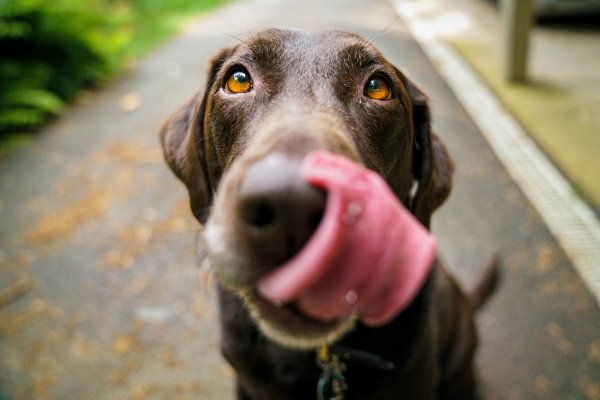Local veterinarians are hesitant about animals consuming cannabis due to insufficient research.
Under Canada’s legalization framework, cannabis can only be accessed for human use. However, as cannabis legalization has prompted much speculation about how the drug will affect humans, some people are considering if marijuana could be of medical benefit for their pets. Veterinarians and medical experts say owners should hold back, due to little research around the effects of marijuana on animals.
Several local veterinarians in Fredericton, including Dr. Amy Hiebert at the Fredericton Animal Hospital, Dr. Mike Legge at Southpaw Animal Hospital and Dr. Jim Berry at Douglas Animal Hospital, offered their perspectives on the issue.
Dr. Jim Berry said the danger for pets lies in all the anecdotal, often inaccurate, information on the internet.
“I suspect more people will default to using human medical or recreational marijuana for their pets without having any real knowledge of what the product is really doing to them, resulting in more overdoses from THC,” he said.
Marijuana toxicosis as a result of accidental exposure has always been an issue with pets, which can lead to nausea, lethargy, irregular heart-rates, and in extreme cases, comas. Animals – dogs especially – are more sensitive to cannabis than humans, meaning that exposure to even small doses can elicit strong effects.
Berry said he fears an increase in cases where pets accidentally consume the cannabis of their owners. He is also hesitant to support the concept of prescribing cannabis when treating animals because of the lack of knowledge in the field, and the danger of getting it wrong.
“When the government legalized cannabis, all medical professionals were given licence to prescribe cannabis for medical uses, with the exception of veterinarians,” he said. “This means that vets cannot prescribe medical marijuana, and this will undoubtedly slow down research.”
There is currently insufficient veterinary data on dosage and concentration levels, which strains are the most beneficial and the effects of THC on animals.
“There are some very good anti-anxiety medications on the veterinary market with long history of safe use, so at this time, I would recommend those over playing around with cannabis,” Berry said.
Dr. Mike Legge from Southpaw Animal Hospital said research will become easier to conduct as legalization proceeds. Even now, since cannabis is still illegal federally in the U.S., there remain many barriers to research.
“The issue was prior to legalization, it was difficult for researchers to get approval to pursue trials,” Legge said.
Legge said he has seen an increase in owners using cannabis with their pets. He said this increase could be positive, but more information is needed to insure pets’ safety.
“In general, I believe veterinarians would love to have another option for conditions like nausea, epilepsy, and anxiety if studies can confirm there are beneficial effects and we have safe products we can accurately dose and prescribe,” he said.
Dr. Amy Hiebert said she looks toward the future of this practice.
“I think it’s great that owners want to take the lead on addressing their pets’ pain and other conditions, but I think waiting on the research to be more established is important,” she said. “Both owners and veterinarians have a responsibility to animals in our care to make sure that any medication or supplement we administer is both safe and effective.”




